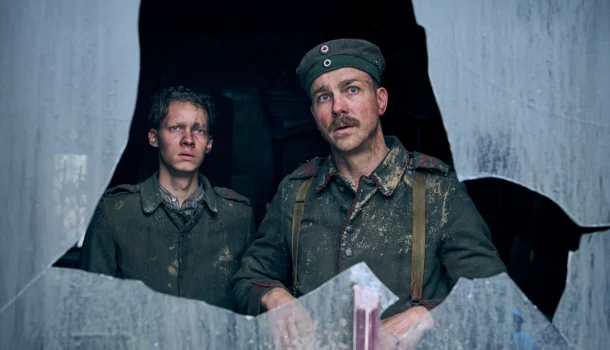On a planet that insists on revisiting its own wreckage, the number of territories engulfed in armed conflict exceeds what could fit into a single day’s news cycle. Recent data from the UN — an institution conceived at the end of World War II to curb the nations’ appetite for war — indicates around thirty regions currently in a state of warfare. Behind each of them lies not merely disputes over land or access to valuable resources, but also narratives of identity, historical grievances, and broken promises. Today’s wars are less about flags and more about interpretations — of borders, of religions, of ideologies.
This scenario is not merely the outcome of ambition or sporadic brutality. It reveals how politics, often disguised as diplomacy, intensifies disagreements that frequently stem from vague constitutions or unfulfilled pledges of autonomy. Tensions in regions like Catalonia, Northern Ireland, and Quebec point to a deeper unease: that of peoples who no longer recognize themselves in the state models that govern them. In such contexts, diplomacy frays, international forums falter, and force — however regrettable — becomes the default mechanism. Peace, though present in speeches, is increasingly relegated to the realm of the hypothetical.
Yuval Noah Harari, in his analysis of the evolutionary path of Homo sapiens, offers a disturbing paradox: our ability to cooperate on a large scale — the very trait that set us apart from other animals — harbors within it the seed of destruction. As we began to share myths, rules, and useful information, we built civilizations. Yet that same collective ingenuity enabled us to craft tools of death with ever-increasing precision. From sharpened stones to thermonuclear warheads, human history seems to have written its most decisive chapters through organized violence.
Taming herds was the first step; subjugating rivals became the second. As we learned to use tools to hunt, we soon adapted them for war. The harnessing of fire, the invention of gunpowder, and the rise of nationalist codes of honor turned warfare into a central mechanism of human trajectory. Winston Churchill, one of the 20th century’s most renowned strategists, understood that surrender does not always save a people — sometimes it condemns them. It is in this moral threshold that our collective addiction to war takes root: it provides clarity where politics offers ambiguity.
In the realm of cultural representation, World War I often occupies a hazy corner of modern memory — perhaps eclipsed by the near-mythic scale of the Second World War. Even so, its inaugural brutality, marked by trenches and despair, occasionally resurfaces in cultural discourse as a warning. The 2022 adaptation of Erich Maria Remarque’s novel is not merely a technical update; it is an act of insistence. To retell this story is to reject forgetting and to affirm that the past remains contested — especially in a century where violence resurfaces in ever-changing forms.
Under Edward Berger’s direction, the narrative takes on contours that go beyond historical reenactment. The protagonist, a young German soldier thrown prematurely into the front lines, is portrayed with stark rawness — not as a hero, but as a survivor shredded by decisions that were never his. This approach aligns with Remarque’s original intent, who wrote not to entertain but to confront. At 18, he abandoned university and went to war — an experience that wounded him in multiple ways and shaped his writing into a form of protest.
What drives the contemporary adaptation is not heroism, but the disillusioned gaze of someone who has grasped the cruel machinery of war. The visual intensity is no arbitrary aesthetic choice: James Friend’s cinematography alternates, with calculated precision, between moments of almost dreamlike beauty and inescapable carnage. The opening scene, quiet and lyrical, deliberately contrasts with the ensuing devastation. Berger, alongside screenwriters Lesley Paterson and Ian Stokell, constructs a rhythm that mirrors the war’s own tempo: stretches of silence shattered by deafening blasts.
Felix Kammerer, in the role of Paul Bäumer, doesn’t play a character — he bears him like a sentence. His performance deliberately avoids rhetoric. The vacant gaze, the tentative movements, all compose a portrait of someone for whom war is not a field of glory but of erasure. This interpretative stance underlines the film’s core message: war does not shape men — it dismantles them.
Released by Netflix and winner of four Oscars in 2023, “All Quiet on the Western Front” does more than reenact historical events. It offers a sensorial and reflective experience, where each image contributes to a reconstruction of meaning. It’s not about revisiting the past out of curiosity, but about threading it into a sequence of events that continues to shape the present. In the end, what remains is not a moral lesson but an unsettling sensation: perhaps we are less distant from barbarism than we’d like to believe. And perhaps, for that reason alone, stories like this still need to be told — not to remember what happened, but to question what we continue to allow.
Film: All Quiet on the Western Front
Director: Edward Berger
Year: 2022
Genres: War/Action/Drama
Rating: 9/10

